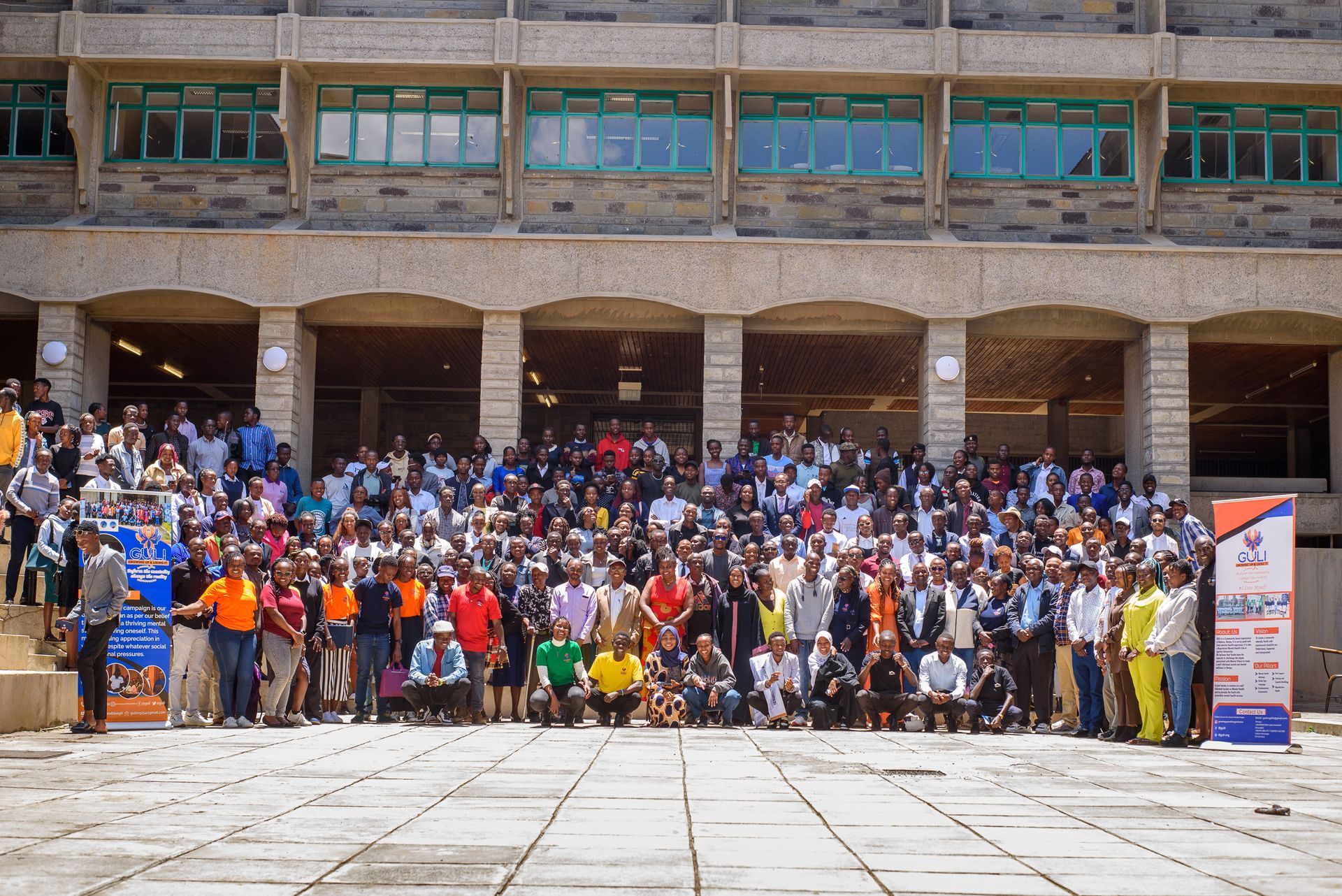What we've learnt from our experiential learning opportunities
At GenMH, we’re passionate about capacity building in global mental health, much of which includes educational opportunities. One key example is the fellowship program we’re building, which is an opportunity for individuals interested in global mental health to engage in experiential learning in a new context. Experiential learning is essentially the process of learning by doing, and reflecting on what you did. This type of education is critical to developing competent, ethical and innovative professionals within the sphere of global mental health. Recently, our team was reflecting on our own experiences and wanted to share some insights with our community...
Liz, Chief Research Officer:
In 2016, I spent some time on a micro-finance project in the Shan State of Myanmar. Things were going well for the men involved, but due to a combination of factors, women weren’t benefiting from the project. I had relevant professional experience including prior work on gender-based projects, but am not from Myanmar and didn’t speak any of the local languages. Once I arrived, I spent the first few weeks listening, observing and talking to every person who was there before me. Pretty quickly it became clear to me that there was a local staff person who, with a little training, could do my job and do it better. I passed on my technical skills and after a few months, I left. The staff member who replaced me had now had more technical skills, as well as the cultural and language skills to do the job better than I ever could.
Every experience I’ve had since then has validated this, so wherever I go, I do my best to identify someone from the community to train and support until they’re ready to replace me. Before that experience, I spent years as a student confused about where the line was between “good” and “bad” collaboration. It wasn’t until I worked on that project in Myanmar that I really grasped how international collaboration can be practiced in ethical and productive ways.
Experiential learning taught me that while international collaboration is highly important in some contexts, it should be approached with great caution and an expiration date. Ultimately, when working in a context outside my own, I want to leave my colleagues better-prepared to take care of their community than before, not stick around forever myself. To me, I’ve been successful when I’ve worked myself out of the job, either by replacing myself with a local colleague or finding and implementing a solution that the local community can sustain without me. I’m happy to say that the person who replaced me in Myanmar has continued to build her career and is still supporting her community today.
Jackee, Founder and CEO
To me, experiential learning means learning by doing, and this is the best type of learning. Learning by doing gives you the intellectual freedom to test different types of research and practice, which you don’t always get in the classroom. My times of experiential learning have taught me the power of local knowledge. Experiential learning does not have to take place abroad, but when you are interested in global mental health, it can be helpful when it does. During each time I have been abroad, either for internships, fellowships, or study abroad, I have always lived with a homestay family. This has meant some of the best learning opportunities I could have asked for. By living with a local family, I could get first hand knowledge of the area. They helped me stay safe, they helped me learn, they helped me grow. One of my favorite experiences with my homestay families was getting to appreciate different foods. Every homestay had their own local cuisine that I could get to know through the best activity, EATING! I am forever thankful to the families that have taken me in and helped me understand their cultures better. And of course, it was always great to hear from them how much they appreciated having people from other cultures staying with them. For most families, I was not the first or the last visitor to stay with them from another country as they gained much joy and learning from having foreign visitors in their homes.
Sonali, Co-Founder and Chief Fundraising Officer
Experiential learning can be a frustrating process for someone who is most comfortable when grounded in the theories and rules of classroom learning. BUT (and it’s a big one!), it often ultimately provides the same outcome: you walk away knowing the same rules, plus with a bonus stock of life lessons in hand. A couple of weeks ago, a lecturer asked my class if anyone knew how to develop research tools. I almost piped up in excitement, as I had developed feasibility and acceptability tools a few years ago while interning in India, but I stopped myself. There’s no way I could actually know the formal process of tool-developing. All I’d done was learn on the go. Right?
Wrong. As it turns out, I already knew the entire content of what my fellow classmates spent the rest of the day learning. What’s better, is that because I’d learned it in practice, it was etched into my memory.
In a field like mental health, it’s especially important because rules of practice don’t always translate across contexts. The methods, systems, and cultures vary hugely depending on where you’re working, and these dictate the rules of what you’d be doing day to day. It’s similar to law: in order to practice in most countries, you need to be certified in that country and nowhere else.
So I’d urge anyone who is stopping themselves from an opportunity to learn through experience. If you know little about the area, that’s OK. The field can be a better teacher than you’d think.
Make sure to check out our other recent blog posts on Voluntourism and experiential learning!






